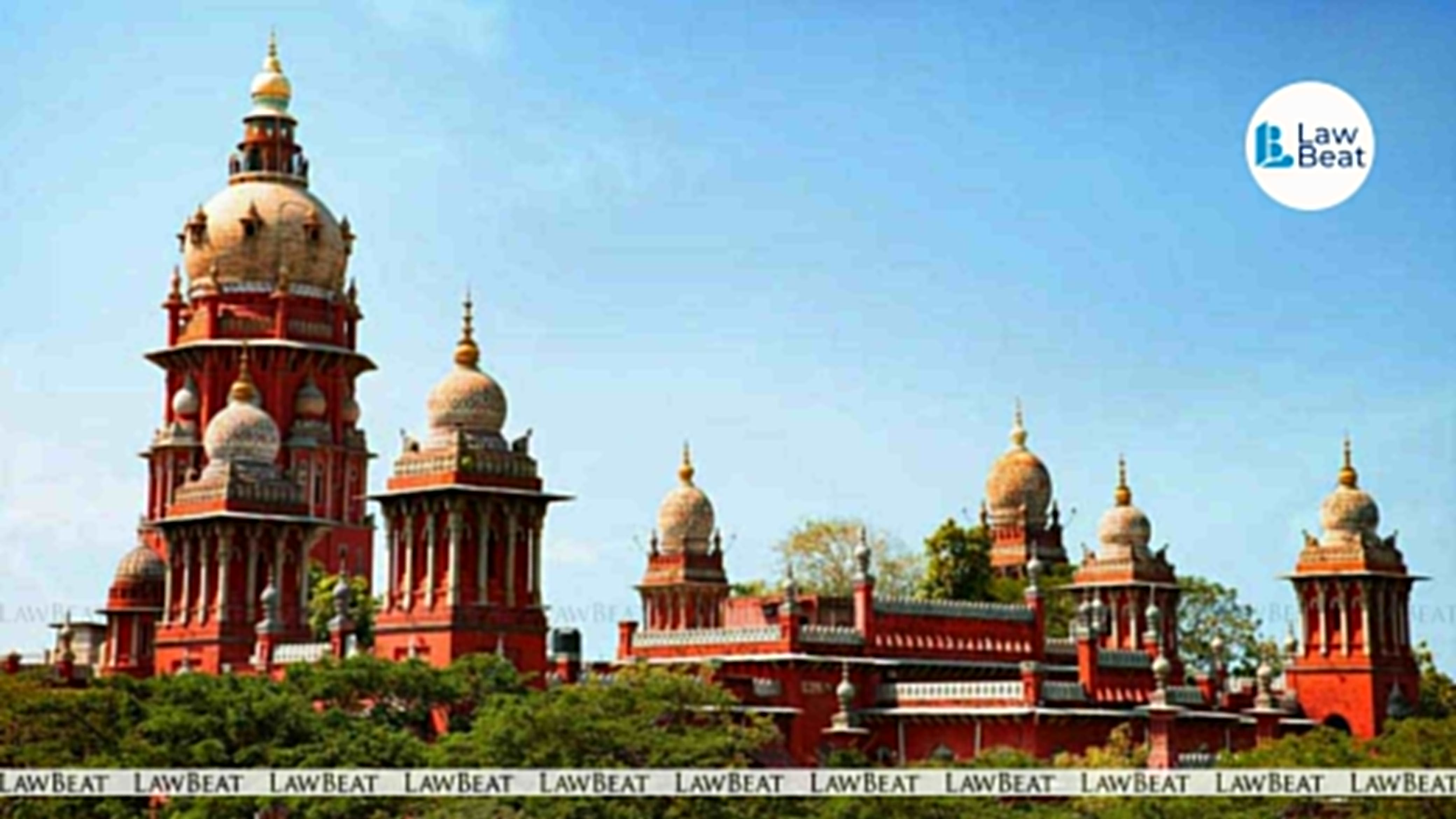Let Undertrials Attend Funerals Without Interim Bail: Madras High Court Issues Key Directions

When convicts get leave under Suspension of Sentence Rules by the Prison Authorities themselves, undertrials—on stronger legal footing—still have to move courts for funeral permission, unlike convicts who get it directly from prison authorities
The Madras High Court has directed prison authorities across Tamil Nadu to permit undertrial inmates to attend the funeral or burial of their close relatives without requiring interim bail orders from courts.
The decision came on April 18, 2025, in a writ petition filed by one Mrs. Sarikathu Nisha, seeking ten days of leave for her brother, Mr. Barakathullah, an undertrial currently lodged in Puzhal Central Prison, to attend their mother’s funeral which took place on April 19, 2025, in Valinokkoam, Ramanathapuram district.
Barakathullah, arrested under the Unlawful Activities (Prevention) Act by the National Investigation Agency (NIA) in 2022, had been in judicial custody since September that year. With the trial yet to commence and both the high court and trial courts closed for a three-day holiday, an urgent motion was moved before a special bench constituted with the permission of the Chief Justice.
On April 18, taking note of the emotional and religious significance of funeral rituals, especially for the Muslim community, the bench of Justices S.M. Subramaniam and K. Rajasekar observed that the right to attend a parent’s funeral stems from the constitutional guarantee of freedom of religion under Article 25.
"Attending the burial of loved ones is a fundamental right as it connects with religious rights to perform pious obligations under specific religious customs and practices," the court stated, adding that denying such a request solely because the individual is an undertrial amounts to dehumanization.
The bench noted that convicted prisoners in Tamil Nadu are allowed temporary leave under the Tamil Nadu Suspension of Sentence Rules, 1982, but undertrials—presumed innocent until proven guilty—are not accorded similar treatment. The bench emphasized that this disparity not only infringes on basic human dignity but also leads to practical hardship, particularly for those from economically disadvantaged backgrounds who are unable to quickly move courts during emergencies like a death in the family.
Highlighting comparative jurisprudence from other jurisdictions that allow temporary release for prisoners to attend funerals, the court stated, “Granting temporary permission to prisoners to attend burials, funerals or even deathbed visits is not contrary to the aims of incarceration. Rather, it is an affirmation that prisoners or the detained persons remain members of that community to which they anticipate to return at the end of their sentences.”
Accordingly, the court directed the Director General and Inspector General of Prisons, as well as the Superintendent of the concerned prison, to permit Barakathullah to attend his mother’s burial with appropriate security arrangements.
Crucially, the court also passed a broader direction requiring the Tamil Nadu government to frame instructions allowing all prison superintendents and prison officials to grant temporary leave to undertrial prisoners in similar situations—without insisting on interim bail from courts.
It further directed the state Home Department to issue necessary circulars communicating the present order to all prison authorities across Tamil Nadu.
The writ petition was disposed of with liberty for the petitioner to seek further relief if required.
Case Title: Mrs.Sarikathu Nisha Vs. The Superintendent of Prison, Central Prison-1, Puzhal, Chennai and Others
